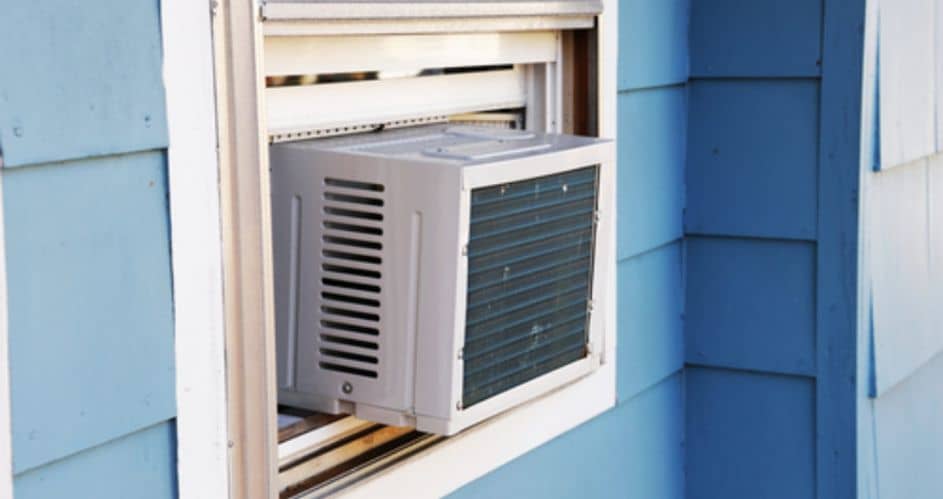
Home air conditioning is essential to maintain an optimal temperature indoors when the heat outside is sweltering. The last few years have been hard for Americans when it comes to the average highs during the warmer months.
The 2022 heat waves smashed all records in the North American continent, and summer temperatures arrived early in 2023. As a homeowner, you may have experienced bigger bills with your air conditioning working harder during these heat waves.
More workload for your AC also means greater maintenance requirements in the long run. The rain spells bring some respite for your air conditioner as temperatures drop and the air is cooler. But it hardly means you can turn off the system or overlook its efficiency.
Climate change brings a different set of problems for the system, with increased humidity and severe wind storms. The good thing is that you can avert these issues and keep your AC up and running with proactive maintenance measures.
All you need to do is to be aware of potential problems and address them before they happen.
Here are a few actionable ways to get your home air conditioner ready to bear the rigors of the rainy season:
How To Take Care of Home AC in Rainy Season
List the Red Flags
You may have got a maintenance service for your AC before the summer season, but don’t consider the job done.
Steer clear of a set-and-forget approach and pay attention to red flags such as inadequate cooling, weird sounds, and corrosion of the exterior unit. Watch out for a bad smell when turning on an air conditioner because it is ominous and indicates serious underlying issues.
AirAce Heating & Cooling notes that a foul odor from your AC can hurt more than your wallet. It may be a sign of mold or mildew growth, which can be a grave health hazard for your loved ones.
A dirty air filter is another reason to worry because it can affect the air quality of your living space. Beware of odors of burning, chemicals, rotten eggs, or vinegar because they are all signs of impending danger.
Get a Professional Check
A professional check for your air conditioner is essential if you notice any of these red flags. You may even consider one if nothing looks amiss because some problems arise without warning.
With 91% of American households having air conditioning units, it may be hard to get help on the fly. An inspection by a reliable provider gives you a head start with timely repairs and maintenance before the rains set in.
Your air conditioning service provider can look for deep-seated problems and address them quickly. Alternatively, they can help with preventive maintenance to give you an early advantage by preventing a problem before it surfaces.
For example, they can clean air filters to lower the risk of allergies and maximize the cooling effect.
Invest in Whole-Home Surge Protection
Lightning storms are a common occurrence during the rainy season, regardless of location. While your home is the best place to stay safe from lightning, it can cause strong electrical surges.
A sudden surge can harm your appliances, including your air conditioner. Imagine how hard it is to manage without the AC in the stifling heat and humidity.
Investing in whole-house surge protection is the best piece of advice to save your appliances from the effects of lightning storms. Also, remember to turn off your AC system during a storm. You can install a ceiling fan to maintain an optimal temperature and good ventilation.
Get an Exterior Cleanup
Getting your air conditioner system ready for the rainy season is also about keeping the exteriors clean. With high winds and storms around the corner, you will surely want to clean up your yard to avoid slips and falls. Pay attention to the area around your AC’s exterior.
Eliminate branches, leaves, and debris because they can clog the machinery. An outdoor declutter is an even better idea because it limits the chances of dead leaves and branches getting blown into your AC system. Remember that flying projectiles can cause serious damage to AC coils.
Summing Up
Your air conditioning deserves attention in all seasons because it is a hefty investment. Most importantly, it makes your living space cool and comfortable, so you want it to run effectively at all times.
Preparing your AC season for the rainy season is crucial because the humidity levels are hard to deal with unless your system is on top of performance levels. Follow this simple checklist to ensure the best efficiency and minimize the risk of a breakdown.
